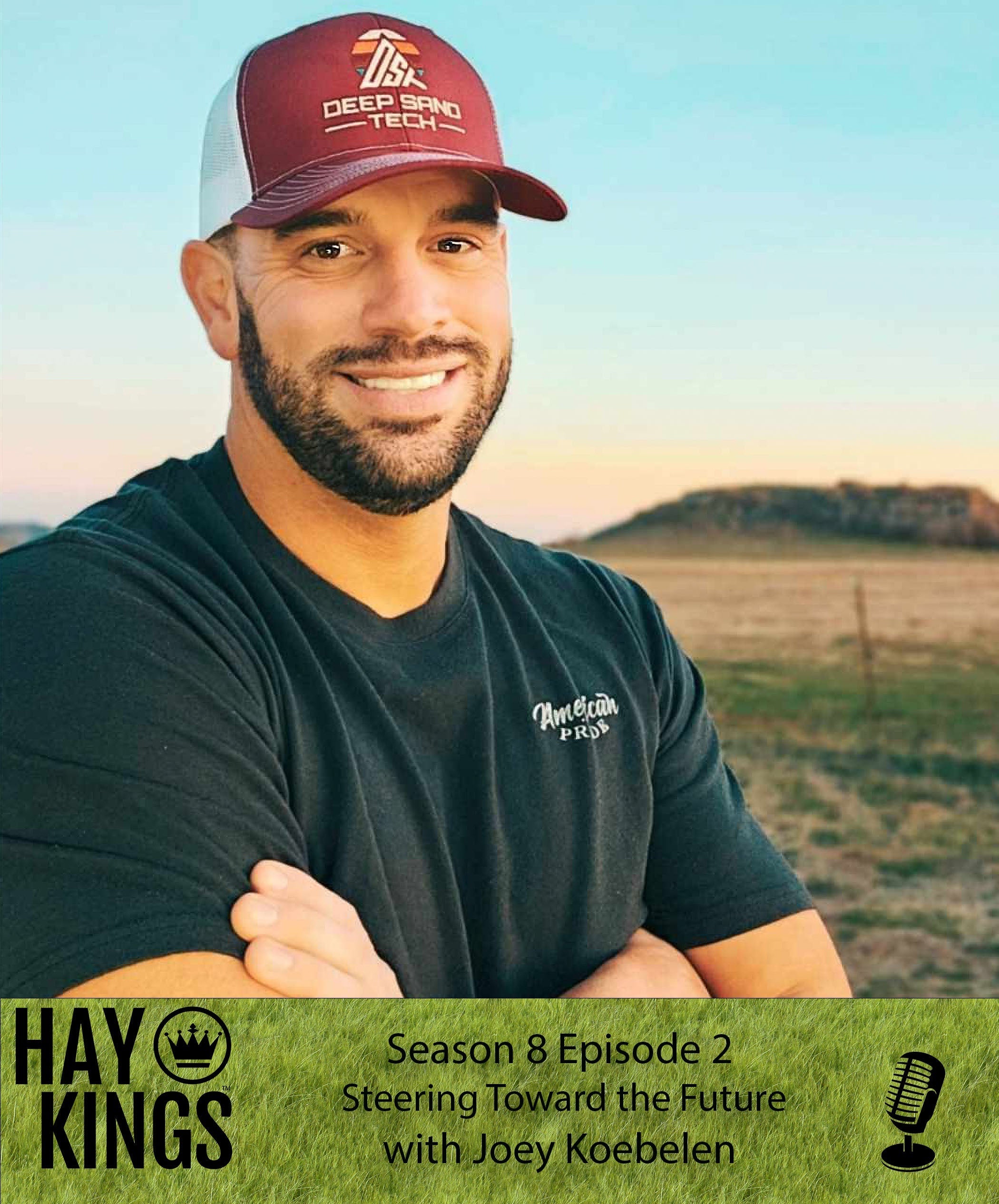News — Farming
Washington Hay Production Decline: Drought, Strong Dollar, and Shifting Markets (2000–2024)
Washington hay production has fallen nearly 25% since the early 2000s, a decline driven by both drought and economics. This chart traces that shift, showing how repeated years of severe drought and a strong U.S. dollar since 2022 have squeezed growers from two sides—reducing yields at home and pricing out key export buyers abroad. As traditional export markets weaken, Washington’s hay industry is steadily pivoting toward higher-value domestic markets, where resilience, efficiency, and quality matter more than sheer tonnage.
10 Reasons Not to Make Hay: Rethinking Tradition in Beef and Forage Production
“You might be giving up $10,000 in beef production to raise $5,000 worth of hay.” -Dr. Carson Roberts
The Warm Season Grass Playbook: Practical Tips for Millet, Sorghum, and Sudan Success
When hot, dry summers reduce cool-season hay yields, warm-season grasses like millet, sorghum, and sorghum-Sudan hybrids can fill the gap.
As Jeffrey “Alfalfa” Jackson says: “If you like to haul manure, go ahead. If you want more efficient feed, think fiber digestibility.”
Precision in the Fields: Leveraging GPS Technology for Smarter Farming
1. Evaluate the Need for GPS in Your Farming Operations



